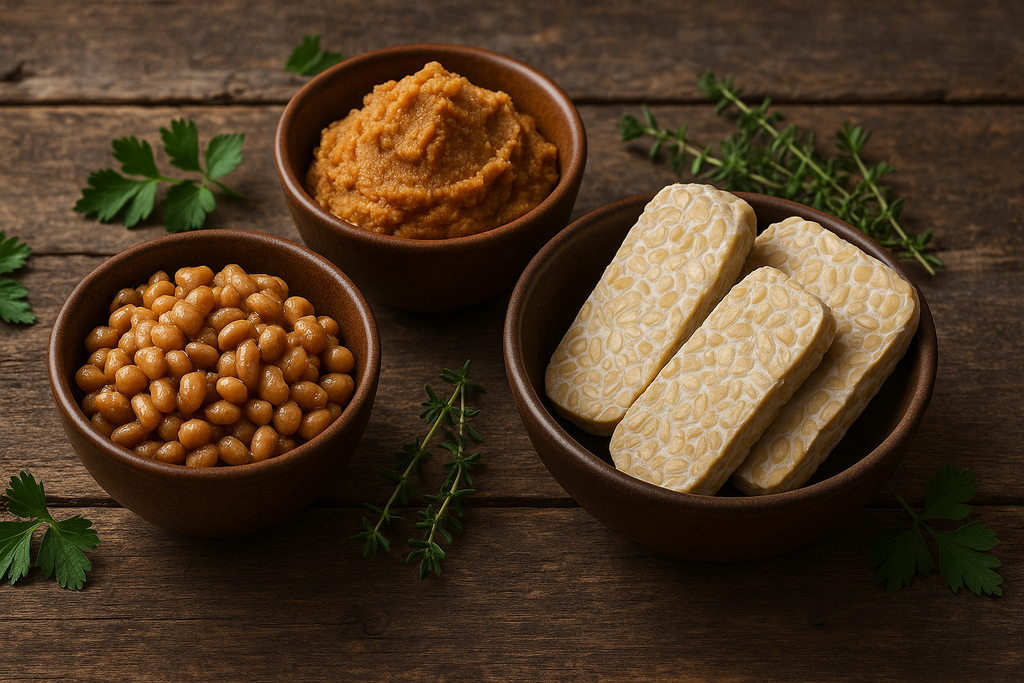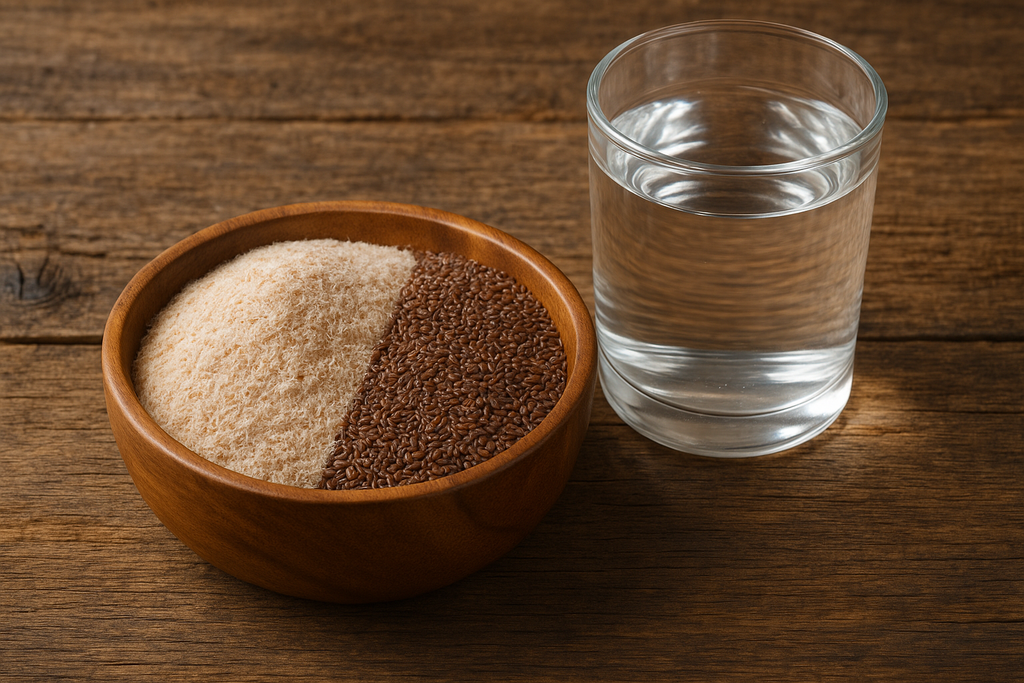News — cholesterol reduction
How Eating Fermented Beans Boosts Heart Health Naturally
ACE inhibitors natural arterial health bioactive peptides blood pressure support cardiovascular benefits cholesterol management cholesterol reduction fermented beans fermented foods benefits fermented soy gut-heart connection healthy circulation heart health miso natto nattokinase plant-based diet plant-based heart health probiotics tempeh
Fermented foods have been part of human diets for thousands of years, offering a flavorful way to preserve ingredients while enhancing their nutritional profile. Among them, fermented beans—such as natto, tempeh, and miso—stand out not just for their taste but for their unique health benefits. Packed with plant-based protein, fiber, and bioactive compounds, these humble legumes undergo a transformation during fermentation that boosts their impact on the body, especially the heart.
Cardiovascular disease remains the leading cause of death worldwide, but diet plays a powerful role in prevention and management. Fermented beans bring more to the table than just protein—they deliver probiotics, bioactive peptides, and heart-friendly enzymes that may help lower blood pressure, improve cholesterol profiles, and support healthy circulation. Far from being just a culinary tradition, they’re a delicious, science-backed ally for cardiovascular health.
The Metabolic Secret: How Psyllium Husk Lowers Cholesterol & Balances Blood Sugar
bile acid binding blood sugar control blood sugar stability cholesterol reduction constipation relief digestion fiber and metabolism glycemic index gut health healthy cholesterol levels heart health insulin sensitivity LDL cholesterol natural fiber supplement Plantago ovata prebiotic fiber psyllium husk soluble fiber type 2 diabetes management weight management
Hidden in plain sight on grocery store shelves, psyllium husk might just be one of the most underrated health tools in the wellness world. This humble fiber, derived from the seeds of the Plantago ovata plant, has been used for centuries in traditional medicine, but modern research is now confirming what our ancestors seemed to know: psyllium husk can do far more than just keep digestion regular.
Recent studies reveal that psyllium husk plays a powerful role in supporting metabolic health—particularly in lowering cholesterol and stabilizing blood sugar levels. For those grappling with high LDL cholesterol or the blood sugar roller coaster that can come with type 2 diabetes or prediabetes, psyllium offers a simple, natural, and inexpensive way to help restore balance. And unlike some dietary changes that require drastic overhauls, adding psyllium to your routine can be as easy as stirring a spoonful into water.
Arjuna for Cardiovascular Health: Benefits and Uses
Arjuna Ayurveda blood pressure cardiovascular health cholesterol reduction heart health heart tonic herbal medicine natural heart support Terminalia arjuna
Heart health is a crucial aspect of overall well-being, and nature offers powerful remedies to support it. One such remarkable herb is **Arjuna** (*Terminalia arjuna*), a medicinal tree native to India that has been used in Ayurveda for centuries to promote cardiovascular health. Packed with heart-strengthening compounds, Arjuna is known for improving blood circulation, reducing cholesterol, and maintaining healthy blood pressure.
With modern lifestyles contributing to increased risks of heart disease, incorporating natural solutions like Arjuna can be a game-changer. This article delves into the benefits, uses, and scientific evidence behind Arjuna's role in heart health, offering insights on how to include it in your daily routine for optimal cardiovascular function.
How Much Walking Do You Need to Improve Heart Health?
brisk walking cardiovascular walking benefits cholesterol reduction daily walking heart exercise for heart health healthy heart habits heart health exercise high-intensity walking improve heart health moderate intensity steps for heart walking benefits heart walking blood pressure walking for heart health walking intensity walking routine
Walking is one of the simplest, most accessible ways to strengthen your heart and support cardiovascular health. With no need for special equipment or extensive training, walking provides a gentle yet effective workout for the heart, helping to reduce blood pressure, cholesterol levels, and overall risk of cardiovascular disease. The best part? It’s an activity that fits easily into almost any lifestyle and fitness level.
This guide explores how much walking you need to improve heart health, types of walking to consider, and strategies for making the most of each step. Whether you’re a seasoned walker or just starting, you’ll find practical advice here for creating a heart-healthy walking routine.




